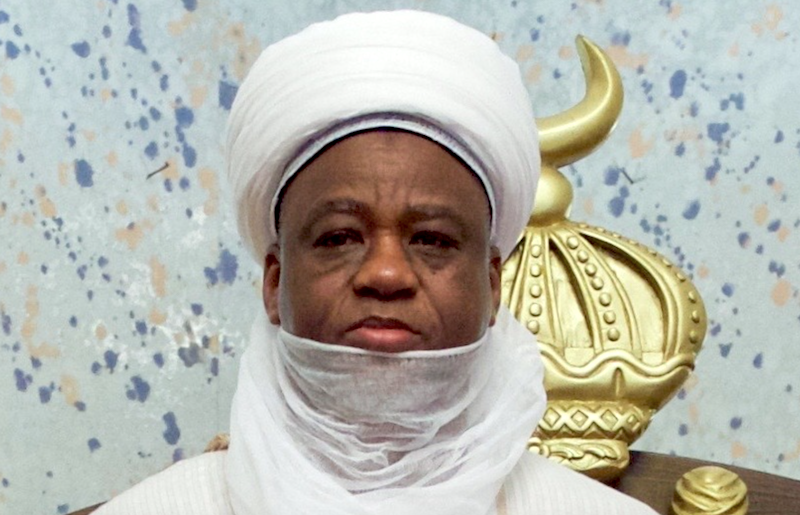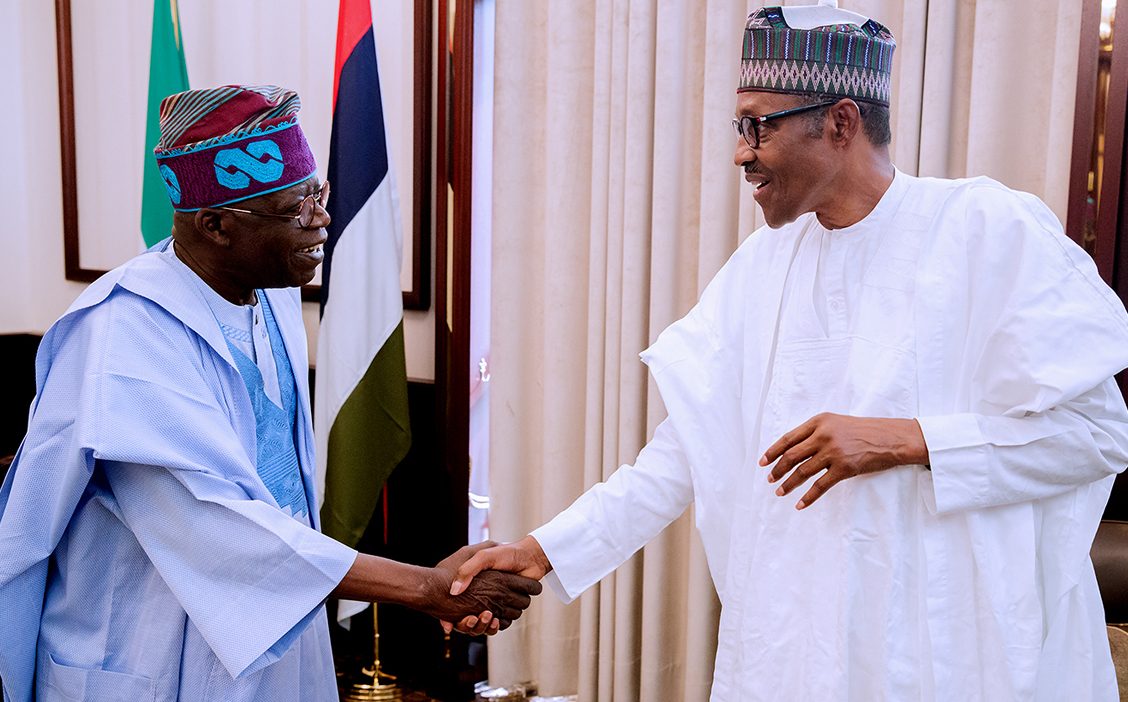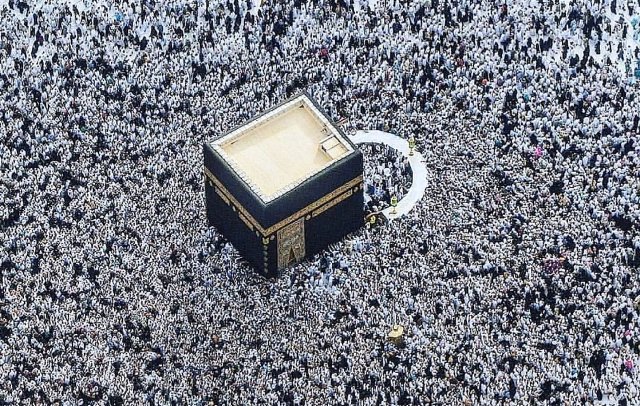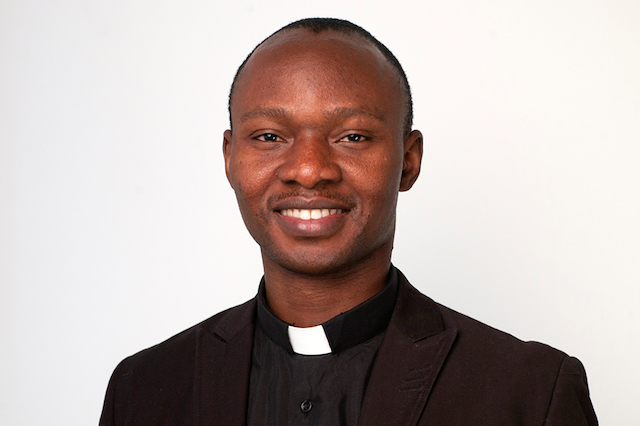Alhaji Sa’ad Abubakar III, the Sultan of Sokoto and President General, Nigeria Supreme Council for Islamic Affairs (NSCIA), has declared Monday, March 11, as the first day of Ramadan 1445 AH in Nigeria.
Abubakar announced the sighting of the new crescent in Sokoto on Sunday in a radio and television broadcast.
He said the new moon was sighted in different parts of the country and that reports of the moon sighting were received from Muslim leaders and organisations from across the country.
“After due verification and authentication by the National Moon Sighting Committee and states committees’ confirmation, as well as routine scrutiny, I hereby, announce the sighting of the new moon of Ramadan signifying the end of Sha’aban 1445 AH.
”In accordance with Islamic law, Muslims are to commence fasting on Monday accordingly,” he declared.
The sultan urged Muslim faithfuls to devote themselves fully to the worship of Allah throughout the Holy Month, urging them to use the period to pray for the progress, peace and prosperity of the nation.
The Sultan also called on wealthy individuals to assist the poor and stressed the need for increased religious tolerance and brotherhood in Nigeria.
Ramadan, the ninth month of the Islamic calendar, signifies a month-long period of fasting, one of the five pillars of Islam.
Ramadan: Tinubu urges affluent Nigerians to help indigents
Meanwhile, President Bola Tinubu has urged wealthy individuals to assist the indigents in the society to alleviate their suffering particularly during the Ramadan fast.
Tinubu made the call on Sunday in Kano while inaugurating the distribution of 140 truck-loads of rice donated by Sen. Abdullahi Yari in honor of the president.
Represented by his Senior Special Assistant on Print Media, Abdulaziz Abdulaziz, Tinubu commended the gesture.
He said that it was aimed at supporting individuals who were in need at this critical time.
“All over the world, leadership belongs to more than one person. There is need to always help the vulnerable in the society.
“Let us come together, unite as a country and forge ahead for a better Nigeria,” he said.
Tinubu commended Yari for donating the 140 trucks of rice labelled with his name and picture for distribution to the less-privileged.
He also said that the commodity would go along way in easing the hardship faced by many at this time.
The president, however, called on Nigerians to pray for the unity, peace and progress of the country during the holy month of Ramadan.
Earlier, the representative of Yari, Dr Abubakar Danburam, said the 140 trucks contained 50kg of 84, 000 bags of rice.
Danburam revealed that it would be distributed to at least 500,000 households in the North.
He said that the gesture was to complement Tinubu’s efforts of supporting the needy and other vulnerables in the society.
Yari enjoined Nigerians to pray for relief from the economic challenges bedeviling the nation.
Ramadan: Atiku urges Muslims on charity, prayer for Nigeria
Similarly, former Vice President Atiku Abubakar has enjoined Muslim faithful in Nigeria to extend their charity to the less privileged as they begin the Ramadan fasting.
Abubakar, in a statement by his Media Office in Abuja on Sunday, advised Muslims to assume the month of Ramadan by seeking Allah’s mercy and forgiveness.
He said that by the sighting of the Ramadan moon, Muslims across the world, especially in Nigeria, should spend more time supplicating to God for His mercy on the country and on individuals.
“The month of Ramadan is a mercy from God upon humanity and all those who partake of the fasting.
“It is for that reason that the Almighty also enjoins us to show more love to one another and deepen our charity in the holy month,” he said.
Abubakar said that this year’s Ramadan was happening at a time when there was hardship in the country.
“It therefore becomes more important for those with means to ensure that they extend their charity far greater than the previous years,” he said.
The former vice president enjoined every Muslim to be steadfast in the requirements of the holy month.
He urged them to pray that the Almighty Allah should shower His mercy and blessings on Nigeria and guide the country to increased prosperity and peace, during and after the Ramadan period.







